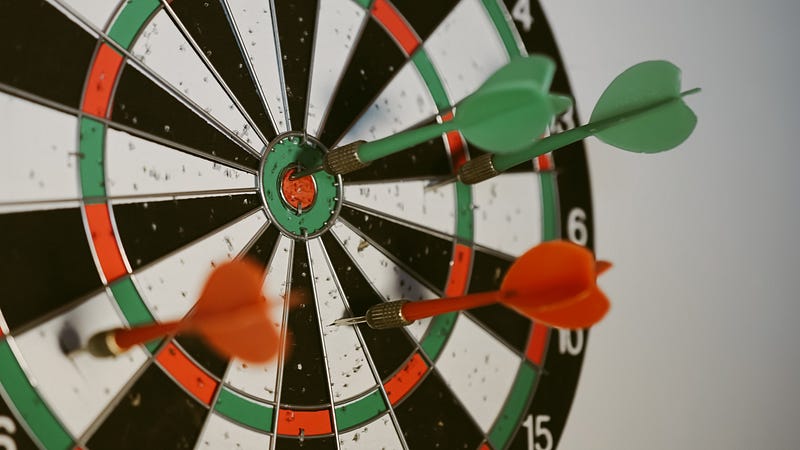How to set a realistic writing goal for 2022

If you’re thinking about setting some writing goals for 2022, but don’t know where to start or how to actually achieve them, then this article is for you. I’ve come up with four things that you should think about when (and if) you decide to start setting some realistic writing goals.
Writing is not a competition
Everyone needs the motivation to achieve their goals, but if your motivations are based on someone else’s achievements or the idea that you have to be more successful than so-and-so, then you’re setting yourself up for failure.
Don’t get me wrong; some healthy competition can boost your performance and motivation (assuming it doesn’t turn into some stupid game of trying to one-up each other), but if you’re constantly competing with others, then what are you really achieving?
This is your life and your career. You should be doing what’s best for yourself (or at least, that you want to do) not trying to achieve something for the sake of beating out someone else.
Writing goals can be specific or vague
Setting a goal to “write more” or something equally vague is not going to help you. You need to set some concrete goals that are realistic in terms of time and resources, but also ambitious enough that they’ll challenge you to improve your craft.
Smaller steps can lead to bigger accomplishments
Don’t be afraid of setting small and achievable goals. If it’s a daily goal, then focus on writing for 30 minutes each day this week and see where that takes you. If your main goal is to finish a novel by the end of the year, then create smaller monthly or weekly goals that will help you accomplish your larger goal.
Be sure to evaluate your progress
Keep yourself accountable by tracking your progress. Manually (in a notebook for example) or with an app like Writemo, take note of how many words you write each day, week, month, and so on.
You can also use this to evaluate which parts of your process are actually taking the most time for you. You might be focusing on the wrong tasks, such as revising your novel instead of writing it.
For example, if you’re a pantser (writing by the seat of your pants), you might find that outlining or mapping out your novel is taking up a lot more time than you expected.
Conclusion
Of course, everyone’s writing is different. What works for me may not work for you, but if you’re interested in starting to set some realistic goals for yourself, then hopefully this article can help!
I’m curious about what sorts of goals people are setting now that New Year’s Eve is over. Are you setting yearly goals? Leave a reply or share your goals for 2022!